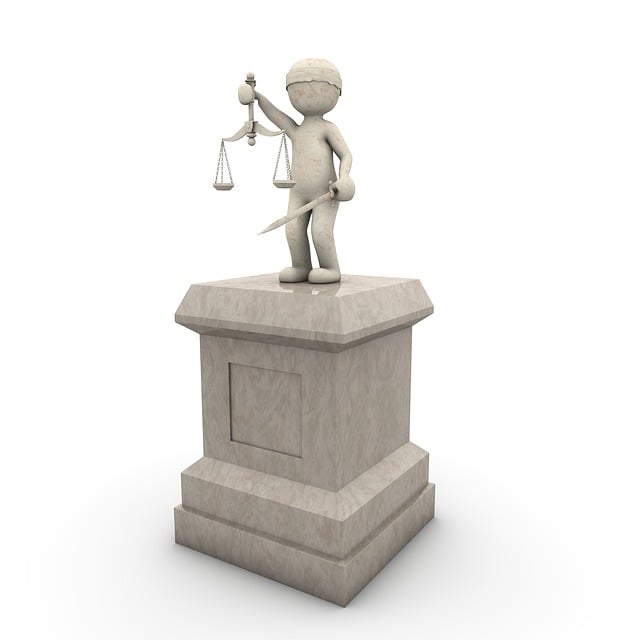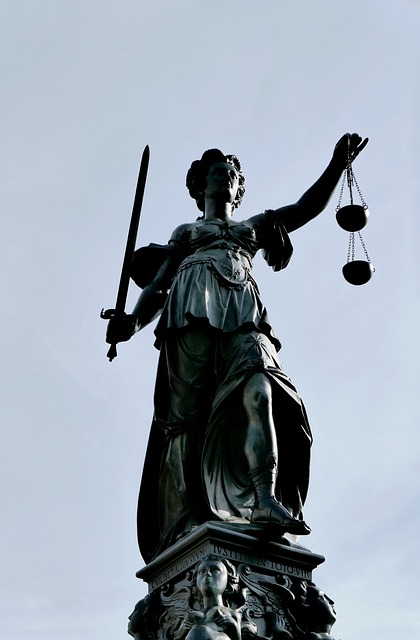Public corruption, including bribery, fraud, and misappropriation, is a significant threat to democratic principles, with severe penalties for high-profile cases like cartel investigations. Specialized law enforcement units use advanced technology and international cooperation for meticulous inquiries, ensuring transparency and accountability. Cartel investigation procedures involve open-source intelligence, surveillance, wiretaps, forensic accounting, and online monitoring to build strong cases against white-collar criminals. Convictions result in substantial fines, imprisonment, and asset forfeiture, impacting individuals socially and professionally. Combating public corruption requires strategic approaches, stronger legal frameworks, increased deterrence, transparency, accountability, and ethical conduct across sectors.
Public corruption charges have become a pressing global issue, eroding public trust and undermining democratic institutions. This article delves into the intricate world of public corruption, offering a comprehensive guide to understanding its definitions and scope. We explore critical aspects such as cartel investigation procedures—unraveling complex networks—and the penalties faced by convicted offenders. Additionally, we highlight preventive measures and strategies to combat this pervasive challenge, emphasizing the importance of robust legal frameworks and citizen engagement.
- Understanding Public Corruption Charges: Definitions and Scope
- Cartel Investigation Procedures: Steps to Unravel Complex Networks
- Penalties and Consequences for Convicted Corrupt Offenders
- Preventive Measures and Strategies to Combat Public Corruption
Understanding Public Corruption Charges: Definitions and Scope

Public Corruption charges encompass a wide range of illicit activities where individuals in power abuse their positions for personal gain. This can include bribery, fraud, embezzlement, and various forms of misappropriation. The scope extends to both public officials and private individuals who engage in corrupt practices that undermine democratic principles and the rule of law. In high-stakes cases, such as cartel investigations, the penalties can be severe, reflecting the unprecedented track record of corruption’s impact on society.
The procedures for investigating and prosecuting these charges are meticulously designed to ensure transparency and fairness. Law enforcement agencies employ specialized units with extensive training in identifying complex financial schemes and illicit networks. By leveraging advanced technology and international cooperation, they aim to achieve extraordinary results in disrupting corrupt operations and holding perpetrators accountable.
Cartel Investigation Procedures: Steps to Unravel Complex Networks

Cartel investigation procedures are intricate processes designed to unravel complex networks of public corruption, involving sophisticated techniques to expose illegal agreements and illicit financial flows. These investigations typically commence with gathering open-source intelligence, including media reports and public records, to identify potential suspects and their affiliations. Subsequent steps involve discreet surveillance, wiretaps, and online monitoring to capture incriminating conversations and transactions.
Forensic accounting plays a pivotal role in Cartel investigation procedures, helping to trace and analyze financial records to uncover illicit activities. This includes identifying suspicious transactions, shell companies, and offshore accounts. With solid evidence in hand, investigators can build a robust case against both corporate and individual clients accused of white-collar and economic crimes, ensuring justice is served while upholding the integrity of public institutions.
Penalties and Consequences for Convicted Corrupt Offenders

When individuals are convicted of public corruption charges, they face severe penalties and consequences. These can include substantial fines, imprisonment, and forfeiture of assets linked to illicit activities. The specific penalties are often determined by the severity of the offense, previous convictions, and any mitigatory factors presented during the trial. In cases involving complex cartel investigations, for instance, the procedures and subsequent penalties can be intricate, with strategies for winning challenging defense verdicts playing a crucial role in shaping outcomes.
The impact extends beyond legal repercussions, as convicted corrupt offenders may also face social ostracism and damage to their professional reputations. This can have far-reaching effects on their ability to reintegrate into the Philanthropic and political communities they once held influence over. Moreover, the consequences often lead to a breakdown in trust between citizens and public servants, underscoring the need for stringent measures to combat corruption and uphold ethical standards.
Preventive Measures and Strategies to Combat Public Corruption

Combating public corruption requires a multifaceted approach, focusing on both deterrence and detection. One key preventive measure is strengthening legal frameworks and implementing stringent white collar defense mechanisms. This includes enhancing laws related to Cartel Investigation Procedures and Penalties, ensuring robust penalties for corrupt officials and businesses involved in illicit networks. By increasing the risk and severity of consequences, potential offenders may be deterred from engaging in corrupt practices.
Moreover, fostering transparency and accountability within philanthropic and political communities is essential. Promoting ethical conduct, implementing strict financial reporting standards, and encouraging active citizen participation can help identify and address corrupt behaviors early on. Encouraging organizations to adopt robust internal controls and promoting a culture of integrity across all sectors contributes to a more robust defense against public corruption.
Public corruption is a complex and insidious issue, but by understanding its various facets—from defining and scoping the problem to implementing cartel investigation procedures and meting out appropriate penalties—societies can develop effective strategies to combat it. Cartel investigation procedures, in particular, play a pivotal role in unraveling intricate networks of illegal activity, ensuring justice, and deterring future misconduct. Strengthening these measures, coupled with robust preventive initiatives, is essential to fostering transparency, accountability, and integrity in public sectors worldwide.






